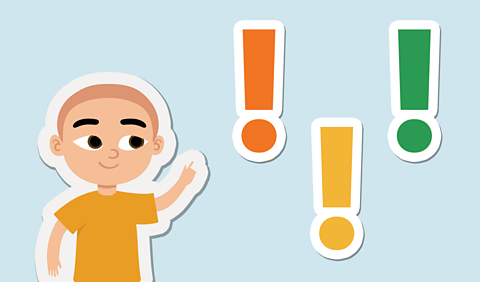Watch: Using apostrophes for contractions
First, remind yourself how apostrophes are used for contraction by watching this video.
Learn about apostrophes for contractions.
Contractions
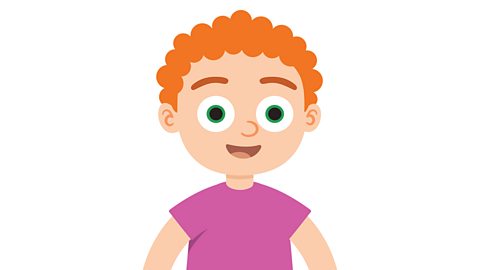
You can use apostrophes to show that you have omitted (left out) some letters when you are joining words together.
For example: You can join the words тАШyouтАЩ and тАШareтАЩ together
You + are = you're
The apostrophe takes the place of the removed letters. In this example, the letter 'a'.
Sometimes, you will need to rearrange the letters a bit when you contract the words.
For example: Will + not = won't
Using contractions like these makes your writing easier to read and more informal.

Watch: Apostrophes for possession
What are possessive apostrophes?
How to use a possessive apostrophe
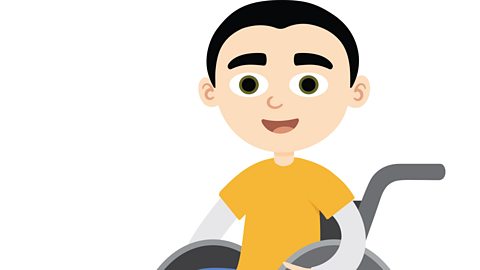
An apostrophe can be used to show that one thing belongs to (or is connected to) something. This is called a possessive apostrophe.
Take a look at some examples
Singular possession - when something belongs to only one person/thing.
Example - The cat's tail was fluffy.
Cat is a singular noun so you need to add an apostrophe and 's' to show that the tail belongs to the cat.
Example - Charles' cat was naughty.
Charles is a singular noun that ends in an 's', so you only need to add an apostrophe to show that the cat belongs to Charles.
Plural possession - when something belongs to more than one person/thing.
Example - The brothers' feet were muddy.
Brothers is a plural noun that ends in an 's', so you don't add another 's' after your apostrophe. You can just add an apostrophe to show the feet belong to the brothers.
Example - The children's toys were broken.
Children is a plural noun but it doesn't end with an 's' so you need to add an apostrophe and 's' to show that the toys belong to the children.

Watch: Apostrophes for contraction
Watch this video to revise apostrophes for contraction.
Focus on the words that are highlighted in green.
Activity 1
Complete this activity to show your understanding of apostrophes for contraction.
You need to type in the correct answer.
Activity 2
Now have a go at this activity.
This time you need to type out the words that make the contraction.
Activity 3
Complete this activity to show off your understanding of apostrophes for possession.
You need to type out the whole sentence so be very careful with your punctuation and spelling.
Activity 4
Activity 5
Activity 5
Watch this video about bees and flowers.
Follow the journey of these bees as they pollinate flowers.
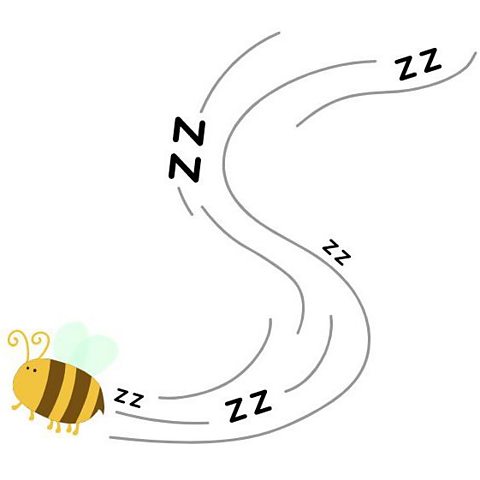
Write five sentences either describing what you saw in the video or explaining why bees are so important to us.
Use apostrophes for contraction or possession in each sentence.
For example:
The flowers' petals are starting to show beautiful vibrant colours!
It won't be long until the bees arrive. It's important to look after a beeтАЩs habitat so that it can help new flowers to grow!
My garden is full of plants that I shouldn't play football near because the bees love them - the pink flowers are the beesтАЩ favourite!

Top tip!
The word 'its' or 'itтАЩs' can be very tricky. It can be written two ways, with two very different meanings.
- We use itтАЩs (with an apostrophe) for contracting
тАШit isтАЩ or тАШit hasтАЩ.
For example: ItтАЩs sunny today.
- We use its (without an apostrophe) for possession.
For example: The dog scratched its ear.
More on Punctuation
Find out more by working through a topic
- count5 of 10
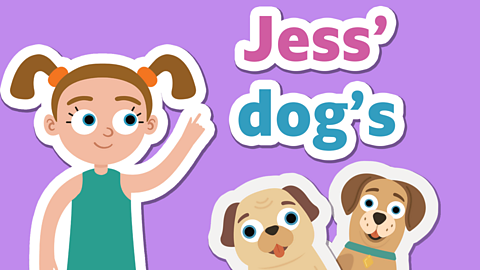
- count6 of 10
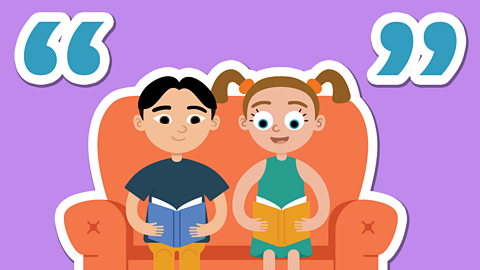
- count7 of 10
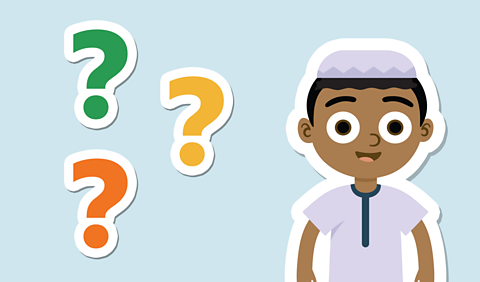
- count8 of 10
